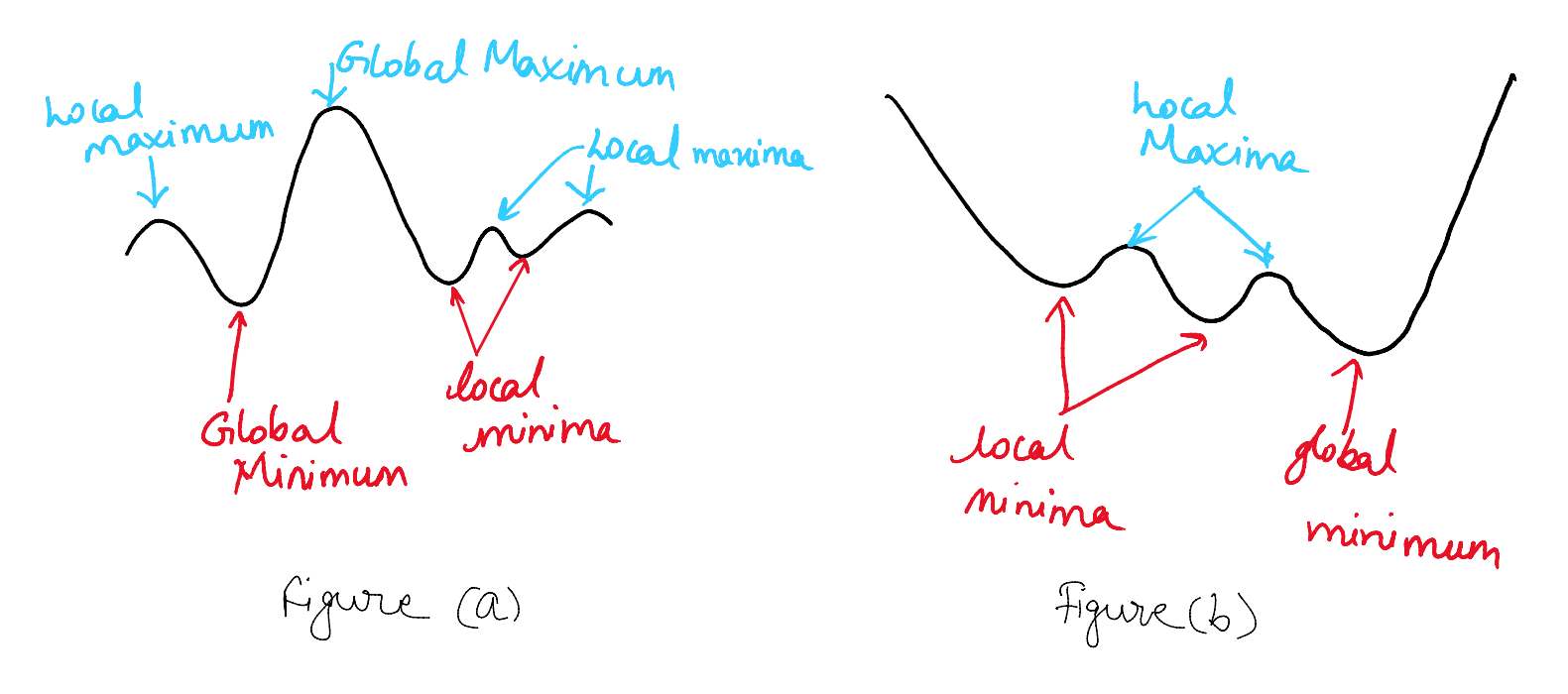Worse Opportunities and How to Play David

As a non-rich country native given enough contact with foreigners you’ll eventually think about what your life would be like if you were dealt better cards i.e. being born in a richer country or somewhere with a higher social mobility. Putting myself as an example, born Brazilian in a middle-class family, I was given far better options than most of my peers but far worse than most Americans or Europeans my age. I noticed that this could easily mess up with your mind if you get too caught on the fact that a worse version of you born with better cards would still be ahead of the smarter, harder working, but less lucky version. This is my attempt to help young people who resonate with this feeling and show what paths I noticed that could overcome this disparity and don’t get crazy on the way.
I find it useful to make a visual representation of what I’m trying to say and there’s an awesome tweet from Tim Urban (@waitbutwhy) that clearly expresses this.
But what I actually think captures this is Chris Georgiadis (@ChrisGeorgiadi2) response to Tim’s analogy.
An example of how this can affect your life is in the access to better education as even the best Brazilian colleague, USP, scores in the top > 100 when compared to institutions worldwide. However, this doesn’t reflect in any way the students that attend it as certainly a lot of the students who get accepted in the most competed for majors would also get accepted in Ivy League colleagues given equivalent opportunities. But in the real world the same student, when competing with a luckier counterpart for a job position will lose the weight of not having a renowned global name like MIT, Harvard, or Stanford in their resume.
Recognizing the disparity
If the text above sounded similar to your reality, congratulations you are not very lucky. My advice for not being consumed by this is to keep it in mind (that the world is not fair and you could’ve been better off) while you try to achieve the most you can in your current reality. This may involve pursuing getting into the best university in your city, state, or country, or aiming for higher-status jobs and companies. However, as you advance within your environment you may start to feel comfortable and that you’ve already accomplished what you wanted. Yet, it is crucial not to lose sight of the bigger picture — within a broader context, you are still the small fish.
Optimal David
Playing the underdog in this scenario there are no advantages at all, so the best move is to get out of this position as quickly as possible. In other words, turning David into Goliath on the big stage. This is much easier said than done given the absence of inherent advantages, but at least the plan is quite simple, leverage humanity’s best invention, AKA the internet, to outscale your local maxima. The internet has created opportunities that weren’t available at any time before. We can now learn from the best and outwit their students when competing on a global scale. This mindset involves actively seeking competition with your more fortunate counterparts, whether it be for job positions, investor resources, or market share. This way of thinking can be applied to any zero-sum game. Remember you’re already losing and, you must play to win. Achieving this and surpassing others at their own game is the only way to be perceived as an equal. After all, no one desires to be merely the “good enough” alternative foreigner.
Why almost no one does this
This is going to be heavily related to my experience growing up in Brazil
It’s common to hear Brazilians talking about how they don’t feel good enough for North American, European or Asian standards, even though they’d be perfectly competitive there. This phenomenon has a name, it’s called Mongrel Complex, as in the lack of pedigree when compared to other parts of the world. With that, people don’t really see themselves as able to compete with other nations.
That translated into a lack of ambition in worldwide terms, most people stop at the first safe spot where they can keep their life on. It’s the standard high schooler experience to either (1) go to college, being the best ones public and free, or (2) start working a low-paying job. The ambitious move would be to aim high on landing a good internship in a big company and turn that into a full-time experience so you can start climbing the corporate ladder ASAP. But still, that’s a really safe path, what I’m trying to say is that the culture turned made people afraid and risk-averse. No one talks about starting a tech company or making research breakthroughs, if you do, the doubt will come, “With what resources?”, “I don’t you can do it”, “Aren’t you happy by now?”.
Another case of the culture ruining young inventiveness happens in Asian traditions but for a multitude of reasons. Placing the group over the individual is one of them, as it can be seen as selfish to try a riskier path, as you can fail and not be able to provide for your parents or family, become a burden to society, this way stability is promoted over the potential outcome. The more interesting one tough is the relation of having a high-discipline culture, which is based on strict structures and norms, with no room for disruption, and also no room for invention. I found this to be key to understanding why there are few startups from Asia that have grown to the rest of the world.
How this affects your life
Being in a hyper-competitive environment in which you will never win, is definitely stressful and a recipe for never feeling grateful for what you have. Your family, friends and acquaintances will think you are too ambitious and batshit crazy when you tell them you’ll be great, worldwide great. The more you get used to this mindset the harder it will be to find people in your country as ambitious and willing to put on the work, and it’s very hard to convert someone into this kind of life. You may start feeling like you are not enough which can be a spark to a depression spiral. That said, be careful, what I try to live by is expressing this to the world but having a more nuanced discourse in the confinements of my thoughts or with a careful listener.
Crippling thoughts
This way of living may not be what you are looking for, it depends on how will you measure your life and minimize regrets. It’s worth noting that even as I write this, a part of me recognizes that this perspective may not be entirely accurate. As Steve Jobs famously said, during his Stanford Commencement Address, you can’t connect the dots forward. What I’m proposing here is precisely that, I’m assuming a life in a “better” country would have given you better dots to connect, which might not necessarily be true. Therefore, do not push yourself too, the value may be in the middle way, hard unless you genuinely desire to do so. The future is uncertain, and it is possible that you are already the optimal version of yourself.
